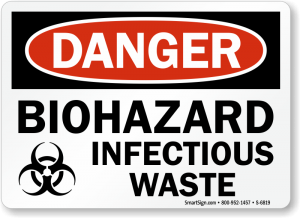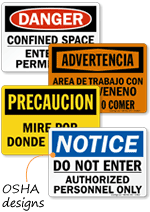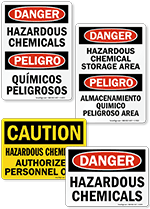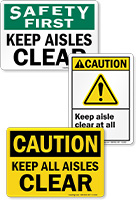How to Avoid Occupational Exposure to Bloodborne Pathogens
 Workplace diseases aren’t just limited to the cold and the flu. Some diseases can also be spread by blood. HIV, Hepatitis B and Hepatitis C are some of the most concerning of these diseases. Here are some good tips for avoiding occupational exposure to bloodborne diseases.
Workplace diseases aren’t just limited to the cold and the flu. Some diseases can also be spread by blood. HIV, Hepatitis B and Hepatitis C are some of the most concerning of these diseases. Here are some good tips for avoiding occupational exposure to bloodborne diseases.
First: plan! Good workplace planning is just as important as what you do in the moment. Your workplace should have an infection control plan as well as engineering controls that treat potentially infectious materials with the appropriate level of caution, such as sharps disposal containers, safer medical devices, and methods of disposing of soiled laundry, for example. Install appropriate signage to warn of biological hazards.
Second, be careful! Wash your hands, clean your worksite and assume that all blood and other potentially infectious materials are infected with pathogens. Use personal protective equipment. Employers are required to provide you with PPE, like gloves, eye protection, and gowns at no cost to you. Additionally, all workers with occupational exposure to Hepatitis B should be offered the vaccine.
Third, keep records! Employers are required to keep worker medical records as well as sharps injury logs when dealing with needles.
It’s important to stay safe from bloodborne pathogens. Hepatitis B, C, and HIV are all very dangerous diseases. MySafetySign sells warning labels and signage for every kind of workplace.
Category: Resources












